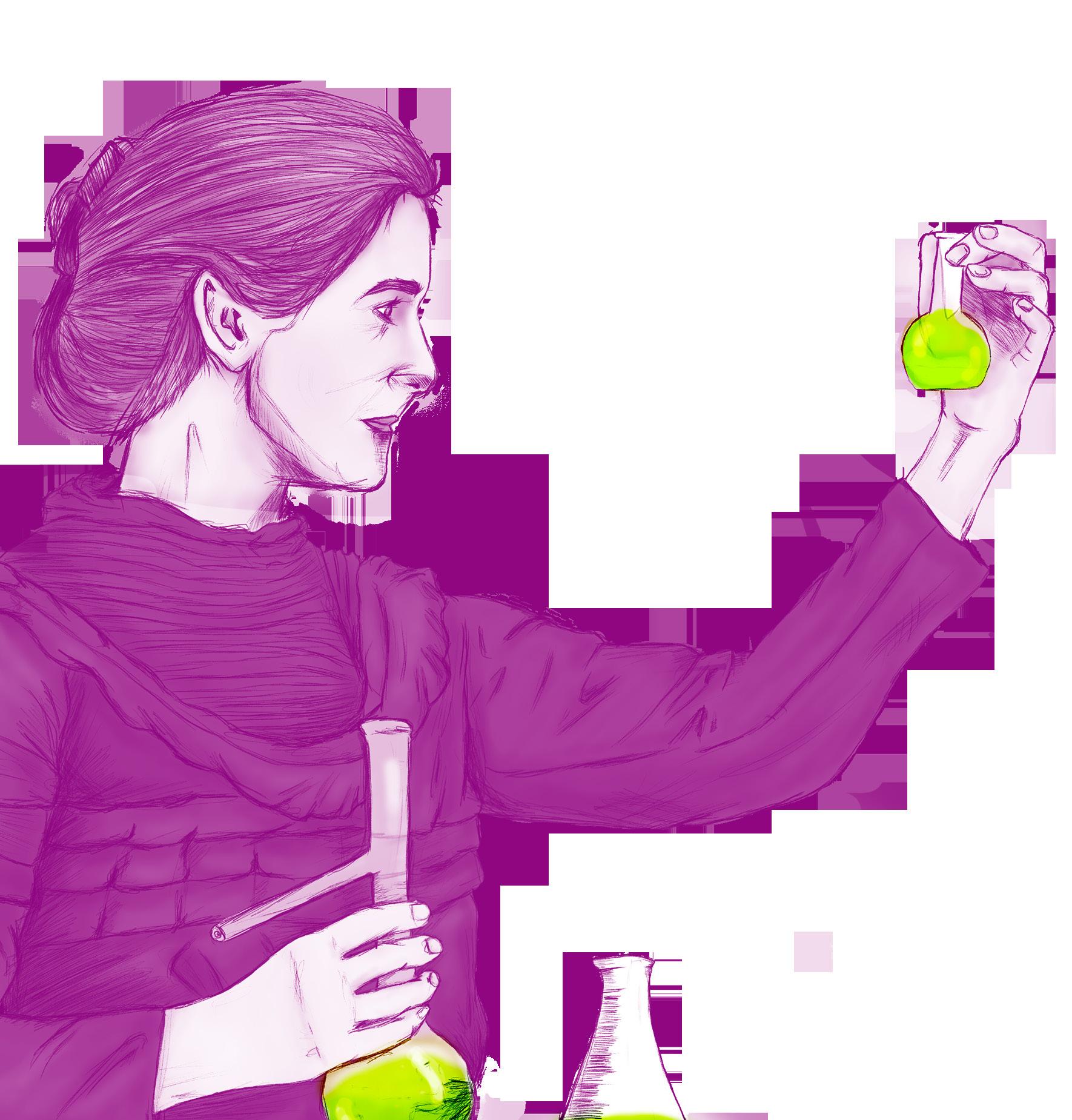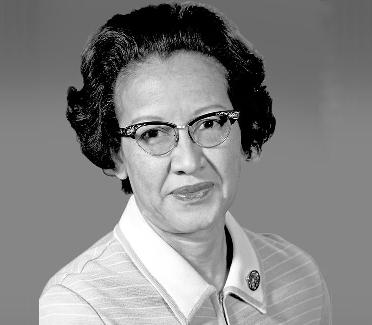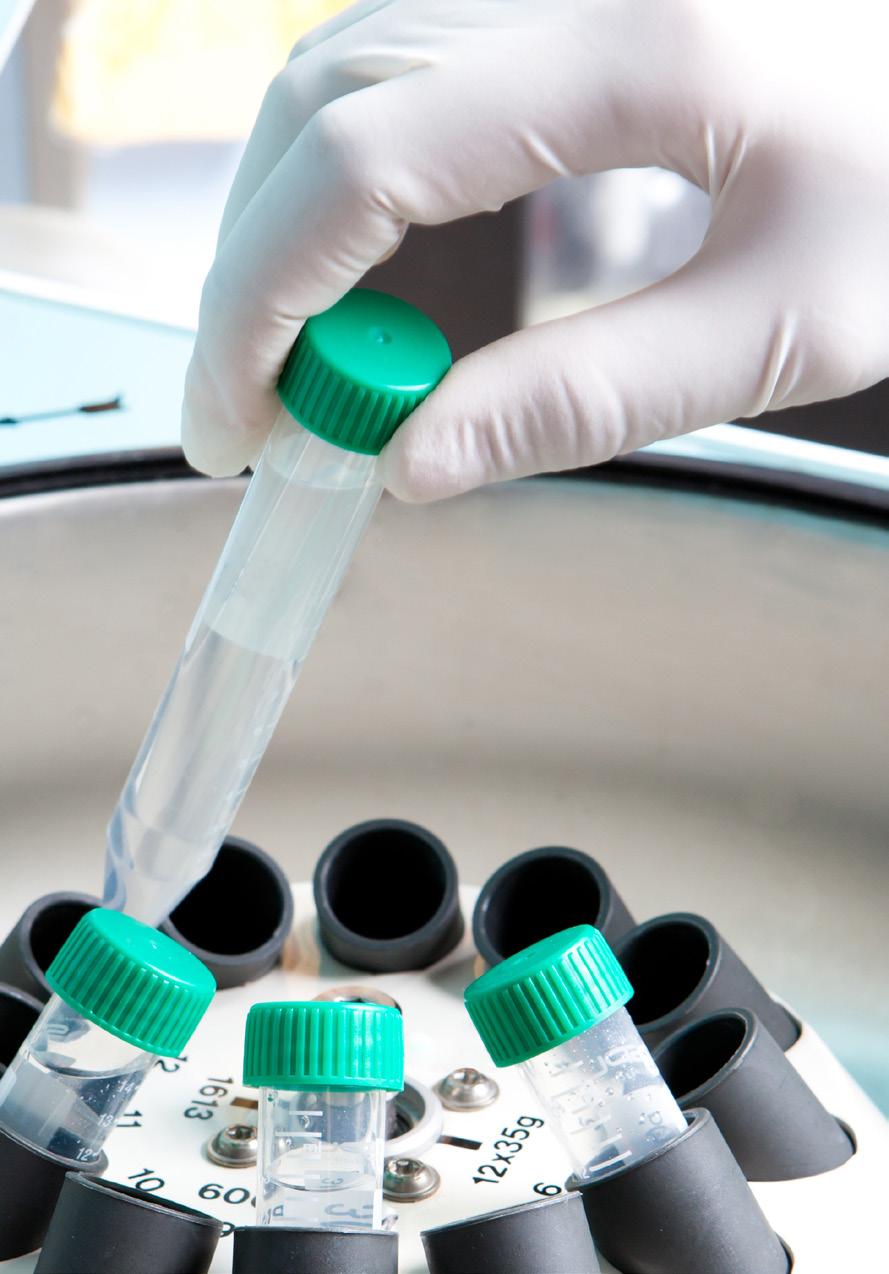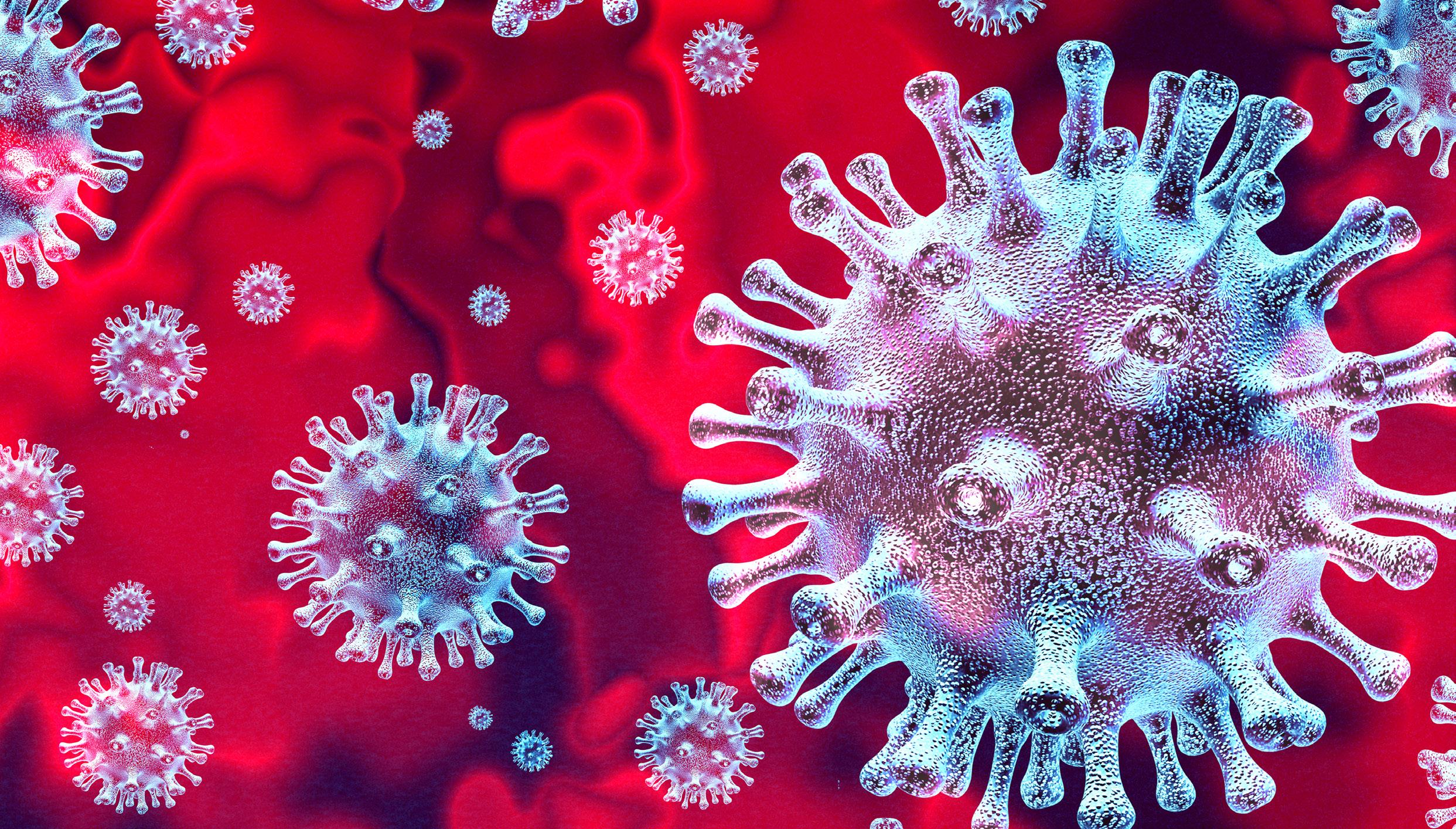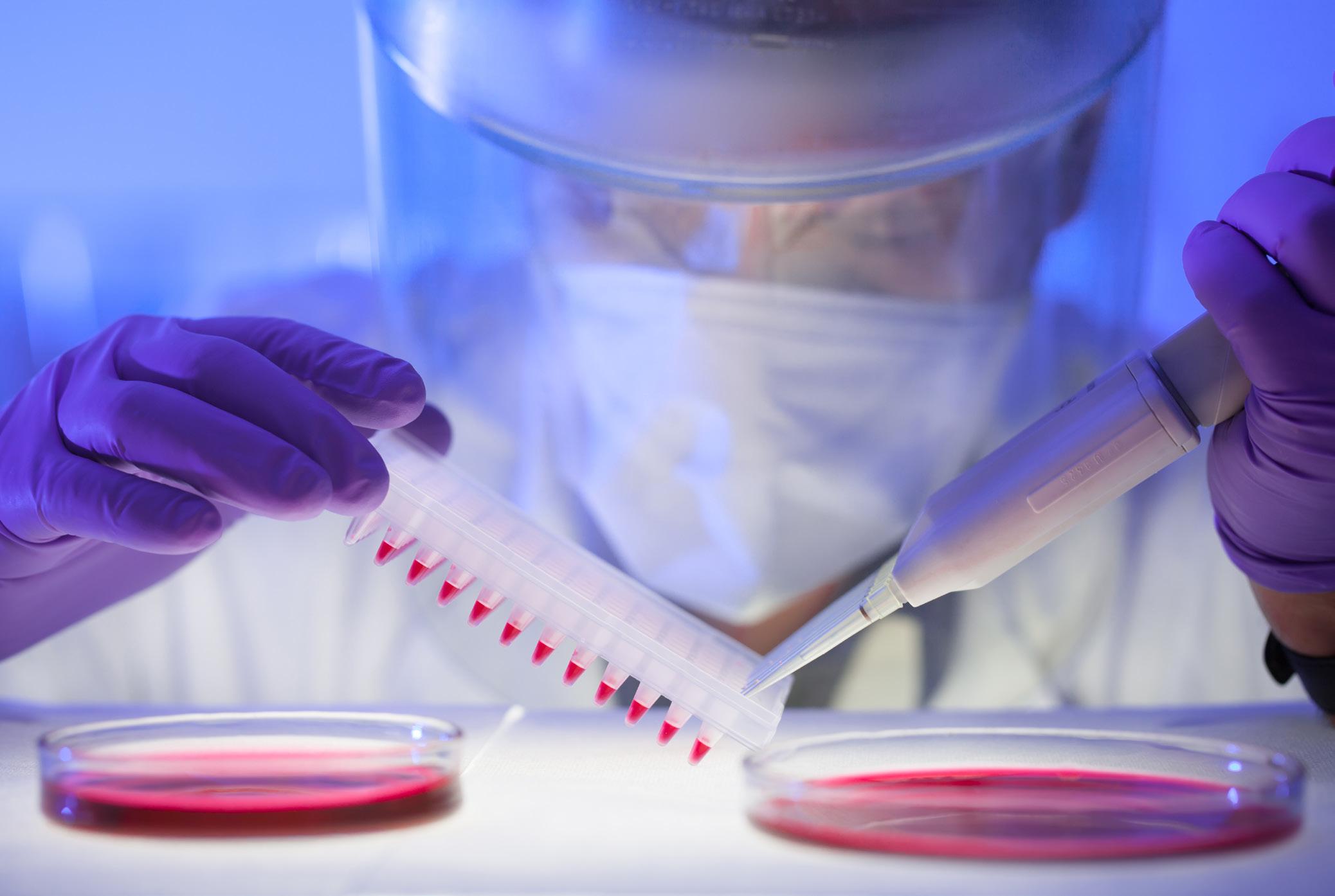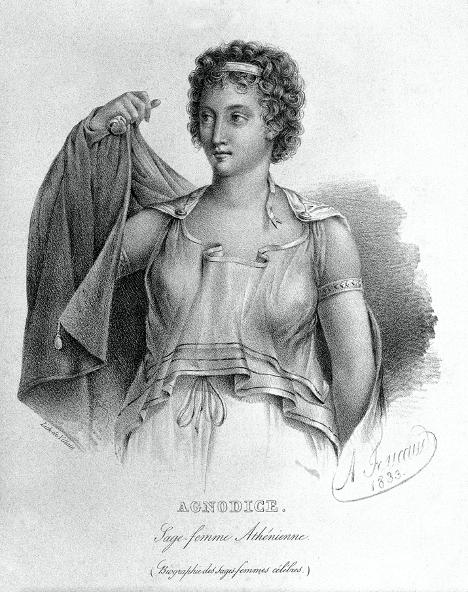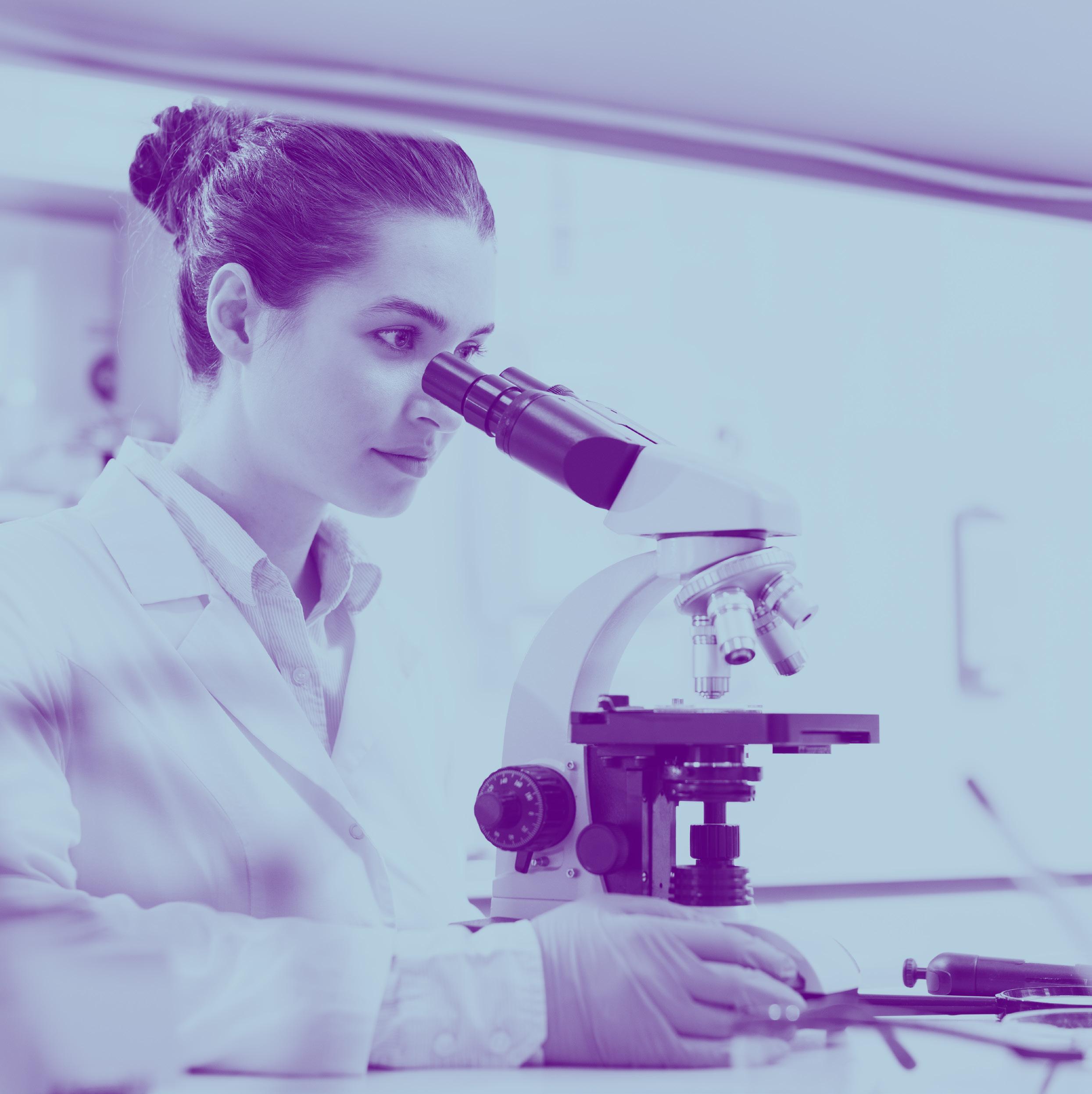[ 3 2 ]
Women Supporting Science
“I’d like to thank my wife for typing my manuscript”
Thor Nissen Medical doctor, with a degree in Clinical Pharmacology, and an MBA in Quality Administration. He has succeeded collaborating to drug development in world leading pharmaceutical companies both in Medical Affairs and Clinical Research within new drugs, regulatory, marketing and sales departments.
Gender disparity has never been more widely discussed than at present. As humankind moves towards equal rights, the underrepresentation of women in science is now being recognized, and with luck, it is on its way towards being mitigated (Ceci et al., 2009). Marie Curie represents the globally-known case of appreciation for a life of scientific success and profound contributions. Not every female scientist, however, has been the subject of such renown. Several examples of inventions classically associated with a male scientist are now being disclosed as having been created, or at least significantly supported, by female colleagues, wives, mothers, sisters, or other women in their life (Lady Science, 2019). These women’s contributions remained in the background, in the acknowledgements and footnotes of prominent scientists. It is not unusual to find statements like: “I want to thank my wife for typing my manuscript.” Or even: “Thank you for taking care of the children and keeping our home while…” But most of the time these women did more than just typing manuscripts or taking care of housework. They had formal academic training of their own, but failed to receive due appreciation for their accomplishments. Marie-Anne Pierrette Paulze was the name of the woman who married Antoine Lavousier, known as the father of modern chemistry. Until recently, Madame Lavoisier was almost unknown. She was an intelligent and free-spirited woman with vast scientific knowledge,. Her contributions to Antoine’s work have now been revealed and she has been granted the title of the mother of modern chemistry (Ferrer Valero, 2018). William Herschel’s sister, Caroline Herschel, received a certain amount of recognition, but it was always
less than that given to her brother’s accomplishments (Famous Scientists, 2018). She herself even emphasized her brother’s achievements when awarded the Gold Medal of Science by the King of Prussia at the age of ninetysix. In more recent history, Mileva Marić’s scientific career was always overshadowed by that of Albert Einstein (Gagnon, 2016). Marić studied at the same institute and received better grades than Albert. They published a paper in which only Albert’s name was credited, because they agreed that having a woman’s name included would cause it to receive less attention.







